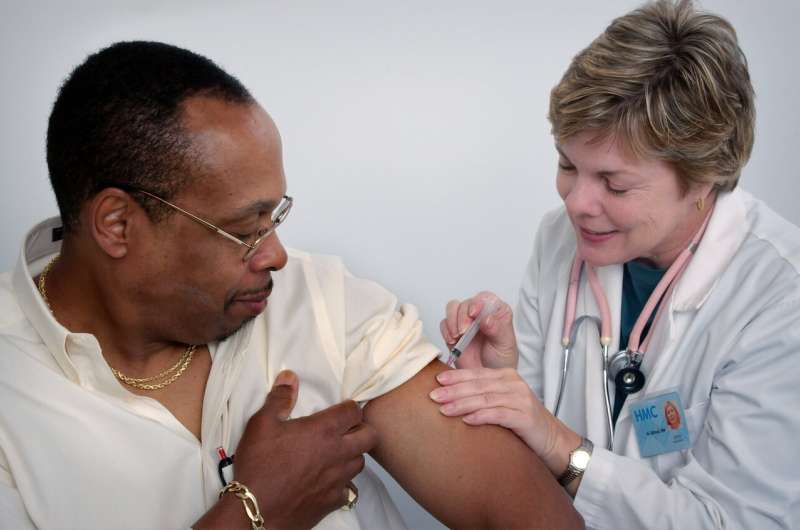How to avoid COVID-19 vaccine scams

Now that a COVID-19 vaccine has arrived, many of us are eagerly awaiting the day we get our first shot. However, figuring out when you're eligible, and where to get vaccinated once you are, is challenging. The rules and registration processes vary between states, and sometimes counties, too, and vaccine supplies are limited, making appointments hard to get. Naturally, many people are feeling confused. And unfortunately, scammers are capitalizing on this.
In December, the U.S. Department of Health and Human Services (HHS) issued a warning about scams related to COVID-19 vaccines. Shortly after, the Pennsylvania Office of Attorney General also issued an alert.
Often advertising false shortcuts to getting the vaccine, scammers are using platforms like phone calls, text messages, and social media in an attempt to steal personal and insurance information, money, or both.
So how can you know if you're getting scammed? For starters, if an offer sounds too good to be true, it probably is. "Any call claiming that you can cut in line to get the vaccine by paying out of pocket is a scam," says the PA Office of Attorney General.
Here are red flags to watch out for
Government officials won't call or email you to tell you that you're required to get the vaccine, nor will they call or email you to ask for personal information or money to get you signed up. Be suspicious of door-to-door solicitations about the vaccine, too.
The coronavirus vaccine is free. You will not be asked to pay in advance or to pay out of pocket for the vaccine. (Vaccination providers can charge an administration fee for giving the shot, says the CDC. Providers are instructed to submit administration fees to your insurance, or if you're uninsured, to a Provider Relief Fund.)
There's no way to pay your way to an earlier spot in line. Visit your state's health department website for up-to-date information on who's currently eligible in your area. Pennsylvania's site is here; New Jersey's is here. (Philadelphia has its own phased vaccine schedule that differs from the rest of Pennsylvania. Visit the city's Department of Public Health website to see who's currently eligible.)
Ignore unsolicited emails and calls from people asking for personal or medical information to determine if you're eligible for the vaccine, even if the caller claims they're from your insurance company or a medical center. Your insurance company will not call to ask for this information. If you have COVID-19 related questions for your insurance company, connect directly by calling the number on the back of your medical insurance or prescription card.
Keep vaccine conversation over text messaging between family and friends. The HHS warns against responding to, or opening, links in text messages from people you don't know. You should also ignore ads or offers on social media platforms related to COVID-19 vaccines, testing, and treatment.
As much as we'd all dream of having a vaccine shipped straight to us, it's not an option.
Be aware that many fraud attempts requesting personal information or payment may appear to be legitimate. If you think you've been the victim of a COVID-19 scam, you can report it to the HHS Office of Inspector General at oig.hhs.gov/fraud/report-fraud or call 1-800-HHS-TIPS .
2021 The Philadelphia Inquirer, LLC.
Distributed by Tribune Content Agency, LLC.




















